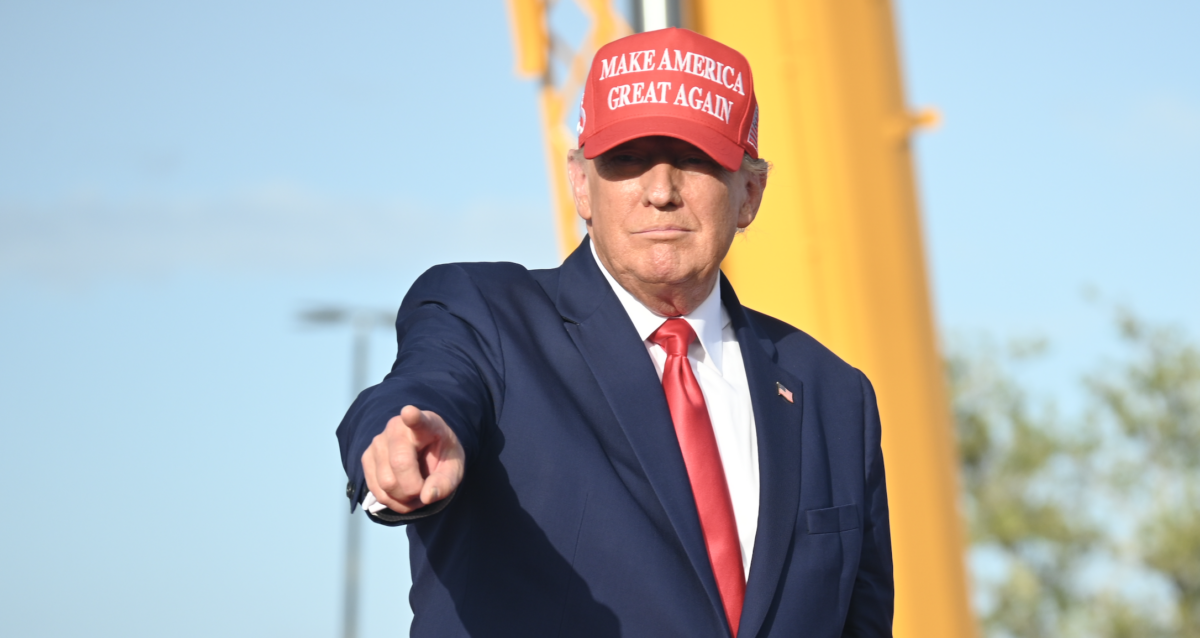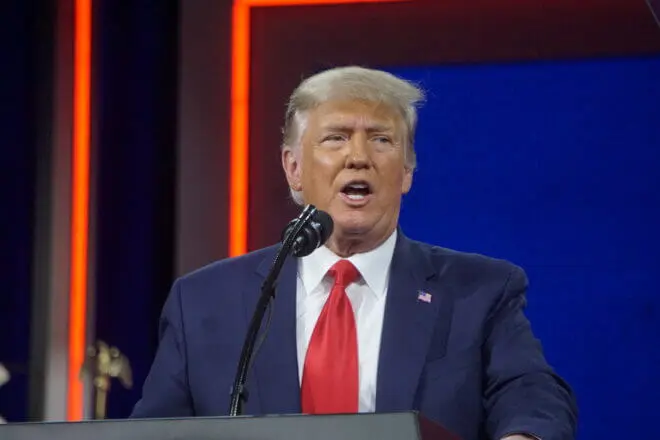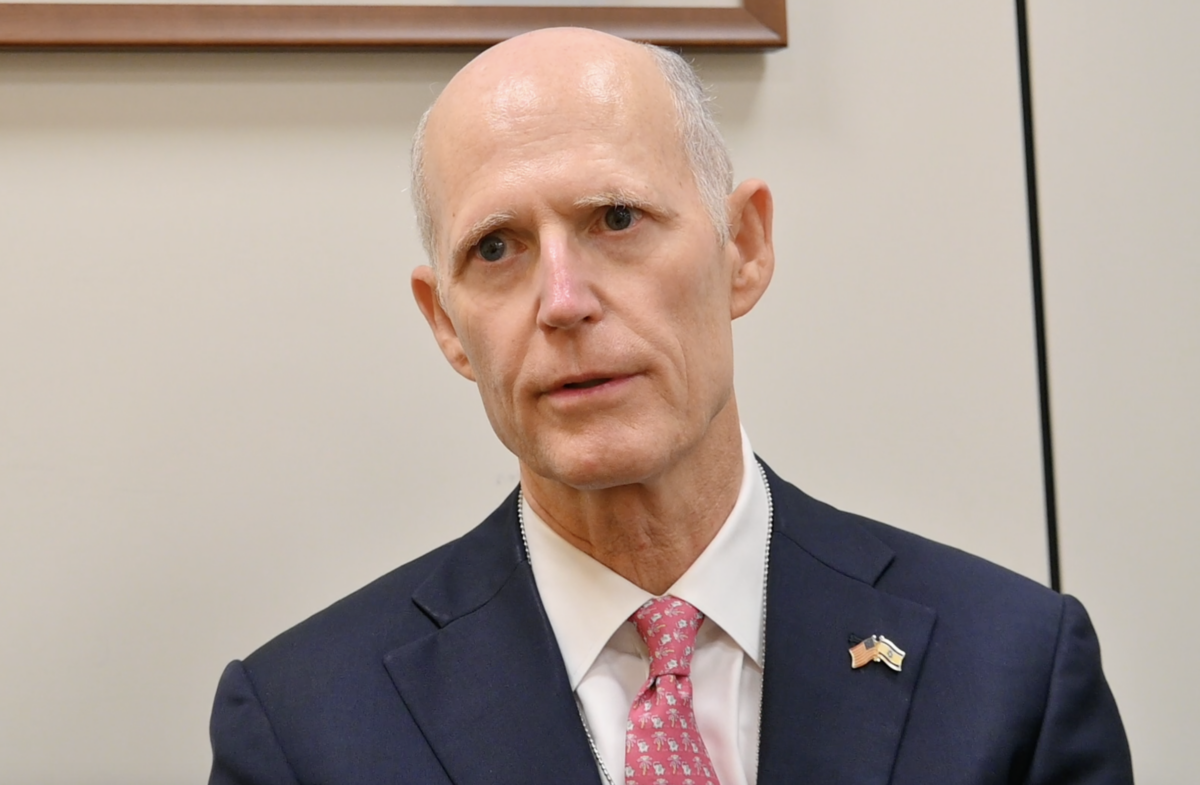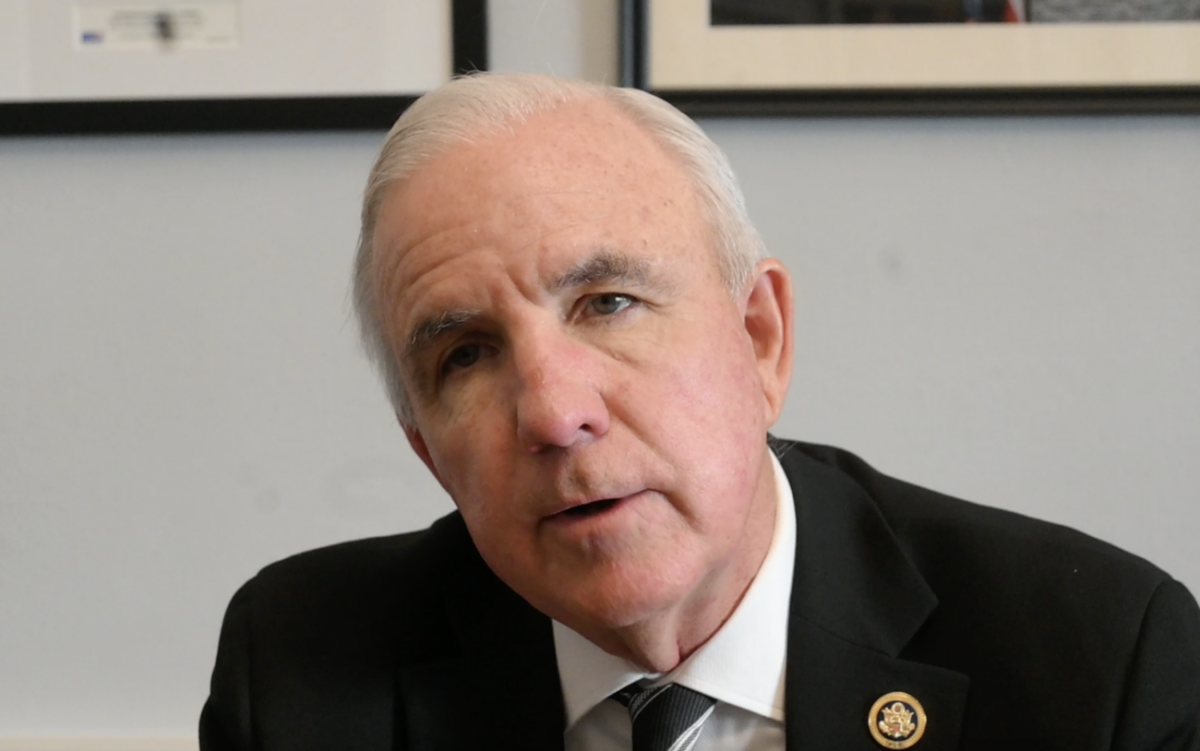A bipartisan effort in the US Senate looks to leverage the US’ International Monetary Fund (IMF) power to counter China’s manipulation of its currency.
U.S. Senators Marco Rubio (R-FL) and Tammy Baldwin (D-WI) introduced the China Exchange Rate Transparency Act.
The Senators allege their legislation will protect American industry and workers from China’s currency manipulations, which often serve to boost Chinese exports at the expense of American goods.
The legislation would require the US Representative for the IMF to advocate for increased scrutiny of Chinese currency manipulations.
SDRs are assets created by the IMF that can be converted to cash and transferred to an IMF member country upon approval of 85% of the IMF’s board of governors.
China’s manipulations could influence its special Drawing Rights (SDRs) and vote shares at the IMF, which correlate with countries’ Gross Domestic Product (GDP) and similar financial considerations
The US has 16% of the IMF board of governors’ total representation, which means that the US can effectively prohibit SDR transfers.
Senator Rubio and Baldwin’s legislation would direct the US IMF Representative to flex US voting power as a means of preventing China from using the IMF to profit off of its currency manipulations.
“We cannot allow the Chinese Communist Party to flood the world with artificially cheap goods,” said Rubio. “That’s why I’m introducing this crucial bill, which would hold the CCP accountable for its currency manipulation at the IMF.”
Similar bills to harness the US’ IMF power to counter China have been proposed by conservatives in the past to no avail.
Senator Rick Scott (R-FL) and Ted Cruz (R-TX) filed a bill last October preventing IMF aid disbursement to countries hostile to America.
The list of countries addressed include Iran, China, Russia, the Taliban Government of Afghanistan, North Korea, Cuba, Venezuela and Nicaragua.
Senator Scott’s bill was not considered by the Democrat-led Senate.
Alternatively, Rubio’s most recent China-IMF bill could face a brighter future given the bipartisan nature of the legislation.














